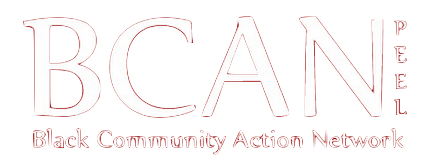Community Resources
Community Resources for Reintegration
The effects of slavery and colonialism have contributed to the over-representation of racialized communities in the criminal justice system in Canada (Bernard, 2016). In particular, Black and Indigenous communities are over-represented in both federal and provincial correctional institutions (Owusu- Bempah & Wortley, 2014). Black and Indigenous populations have endured complex social histories of trauma, social exclusion, and racism (Bernard, 2016). The ongoing impact of racism and unresolved trauma and oppression has created barriers to positive reintegration into society after incarceration. Although the correctional system emphasizes the priorities of rehabilitation and reintegration, one of the main criticisms is whether these objectives are being achieved (Zinger, 2020). The prison environment is degrading and dehumanizing and can have an institutionalizing effect on the incarcerated. By this, they become comfortable with the mundane routine of prison and have no concerns about returning to prison again after they are released (Cleere, 2020).
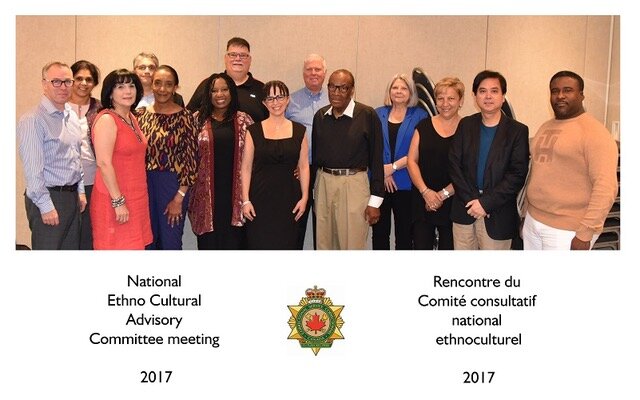

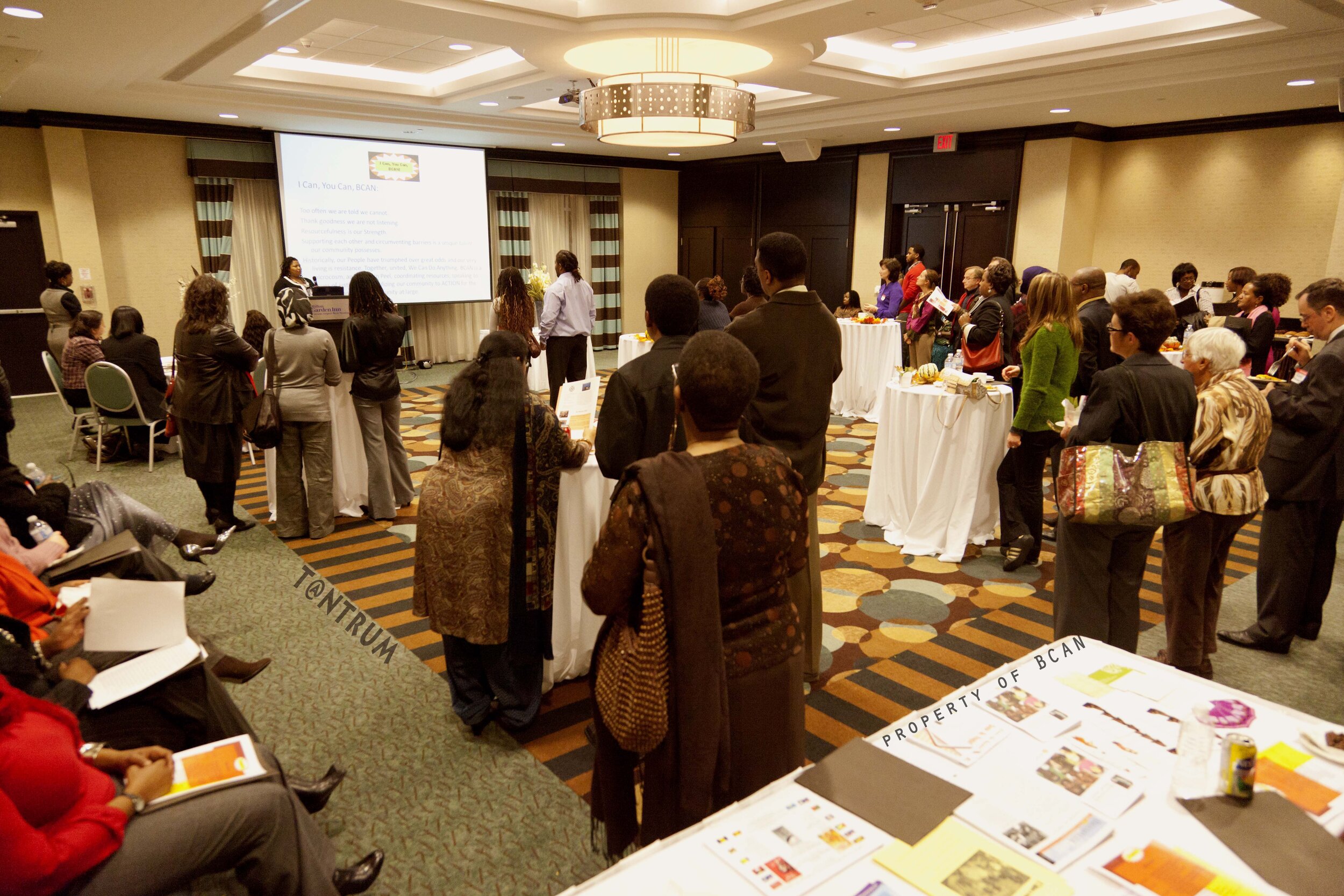
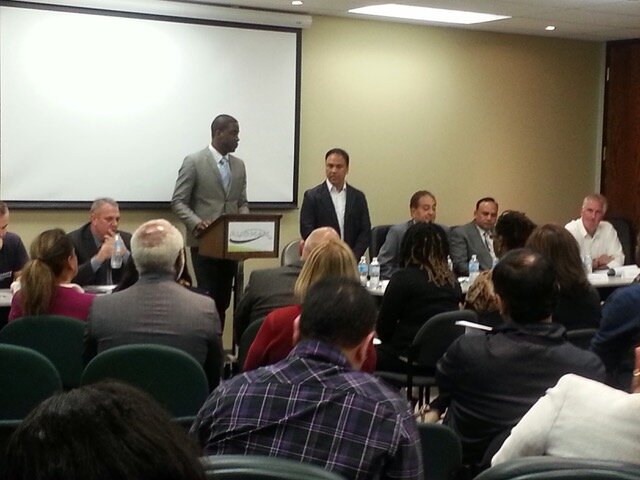
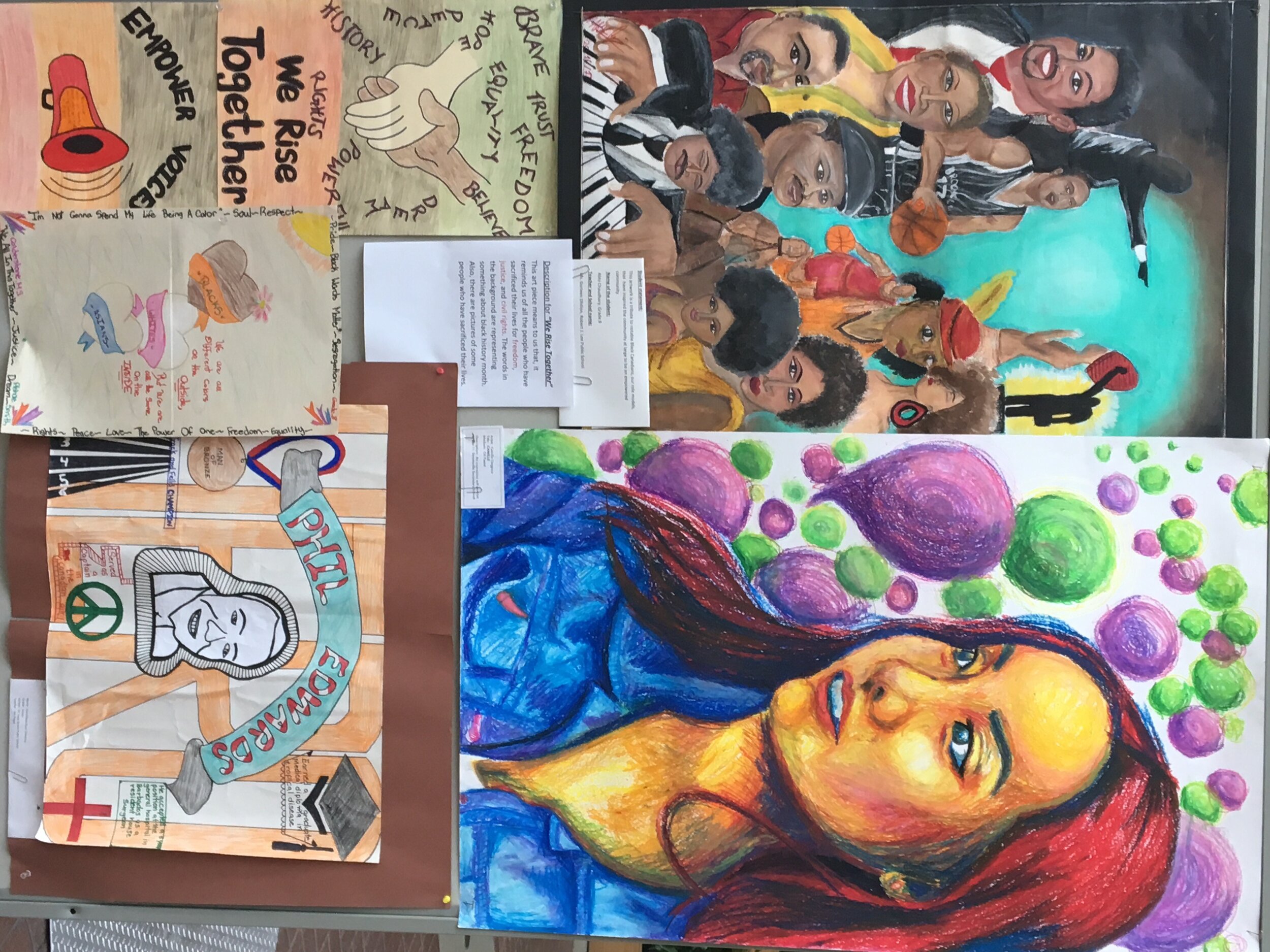

BCAN is collaborating with the Elizabeth Fry Society of Greater Toronto, St. Leonard’s Place - Peel, Community Justice Initiatives (CJI), CSC - Ontario REAC and other community partners in developing the Community Reintegration Initiative, which will serve as a wraparound support service model specifically for formerly incarcerated Black individuals. This Initiative aims to support Black previously imprisoned individuals by providing culturally relevant accessible resources. Currently, support services for this population are scattered or work in isolation; therefore, navigating the network of service providers can be difficult and is an obstacle to accessibility. One of the guiding principles of the Community Reintegration Initiative is to build solidarity between Black-focused social and welfare service providers to increase collaboration across the service network. More robust and safer communities depend on their citizens to feel included and part of their respective communities. BCAN and its community partners are committed to solidifying this connection by ensuring that the formerly incarcerated can move past their punishment and meaningfully contribute to society as productive and engaged members.
BCAN Peel and REAC Collaboration
Mental Health and Addiction Services
Post Incarceration Housing Program, CMHA Toronto
Services Offered: Support for people trying to find and maintain affordable housing through partnerships and referrals; services include housing help, access to income benefits and ID replacement, help getting furniture, links to treatment and rehabilitation services and assistance with activities of daily living.
Eligibility: People with mental health problems including addictions who have recent or current criminal justice involvement and who are homeless or are at risk of becoming homeless
Referral: To apply for the program, complete the referral form on their website and fax it to 416 289-6843
Mental Health and Justice (MHJ) Crisis Prevention Service
Services Offered: Short-term case management and community support to help link people to mental health services and reduce their risk of criminal arrest
Eligibility: People age 16 and older who have a mental health concern and are at risk of incurring criminal charges, are facing criminal charges or have recently had charges before the court
Referral: Referrals can be made by the individual, family, police, probation services, court personnel and other service providers by completing the referral form on the website
Mental Health and Justice (MHJ) Case Management Services
Services Offered: 395 supportive housing units in Toronto with a high level of flexible support
Eligibility: People age 16 and older who are involved in the criminal justice system, are homeless or at risk of being homeless, have independent living skills and can be safely supported in the community
Referral: Referrals are only accepted from priority referral sources: police, correctional facilities, probation and parole officers and law and mental health programs; the referral can be made through the Access Point (on their website) or by calling 416 640-1934.
Court Support & Diversion Services Metro East Courthouse
Services Offered: Diversion from the court system and connection to mental health services in the community, consultation for people who do not quality for diversion and help linking them to services to facilitate bail or assist with sentencing, intensive case management, information and consultation to families and others
Eligibility: People age 18 and older who have a serious mental illness and have been charged with a criminal offence in the Metro East or Metro West courts
Referral: To apply for services for Metro East courthouse, please call 416 285-4177; for Metro West courthouse, call 416 745-5775
Partners for Access and Identification (PAID) Project, Neighbourhood Link Support Services
Services Offered: 40 clinics around the GTA that help people access health care and sources of income such as pensions and other services; support in obtaining birth registration, Canadian birth certificates, Verification of Status replacement (formerly known as Record of Landing) and Ontario health care (if the person does not have an address and ID)
Eligibility: Helps people who do not have a permanent address
Services Offered: A schedule of identification clinics for clients looking to replace or obtain legal identifications
Eligibility: Anyone who needs help replacing or obtaining legal ID
Note: Only 30 people can be seen at each clinic, so it’s best to arrive early to sign up; refer to their website for ID replacement clinic hours and locations (schedule changes often)
Substance Abuse Program for African Canadian and Caribbean Youth (SAPACCY)
Location: Queen Street Site - 80 Workman Way
Contact Phone Number: Access CAMH: 416 535-8501, press 2
Location: 1 Valentine Drive, North York
Contact Phone Number: info@blackhealthalliance.ca
Location: 1111 Finch Ave West, Suite 411
Contact Phone Number: 1-833-294-8650
Email: info@blackyouth.ca / Website: www.blackyouth.ca
Housing Services
John Howard Society of Toronto: Post Incarceration and Housing Services
Employment
Email: info@keep6ix.org
Contact Phone Number: 1-800-640-3075
